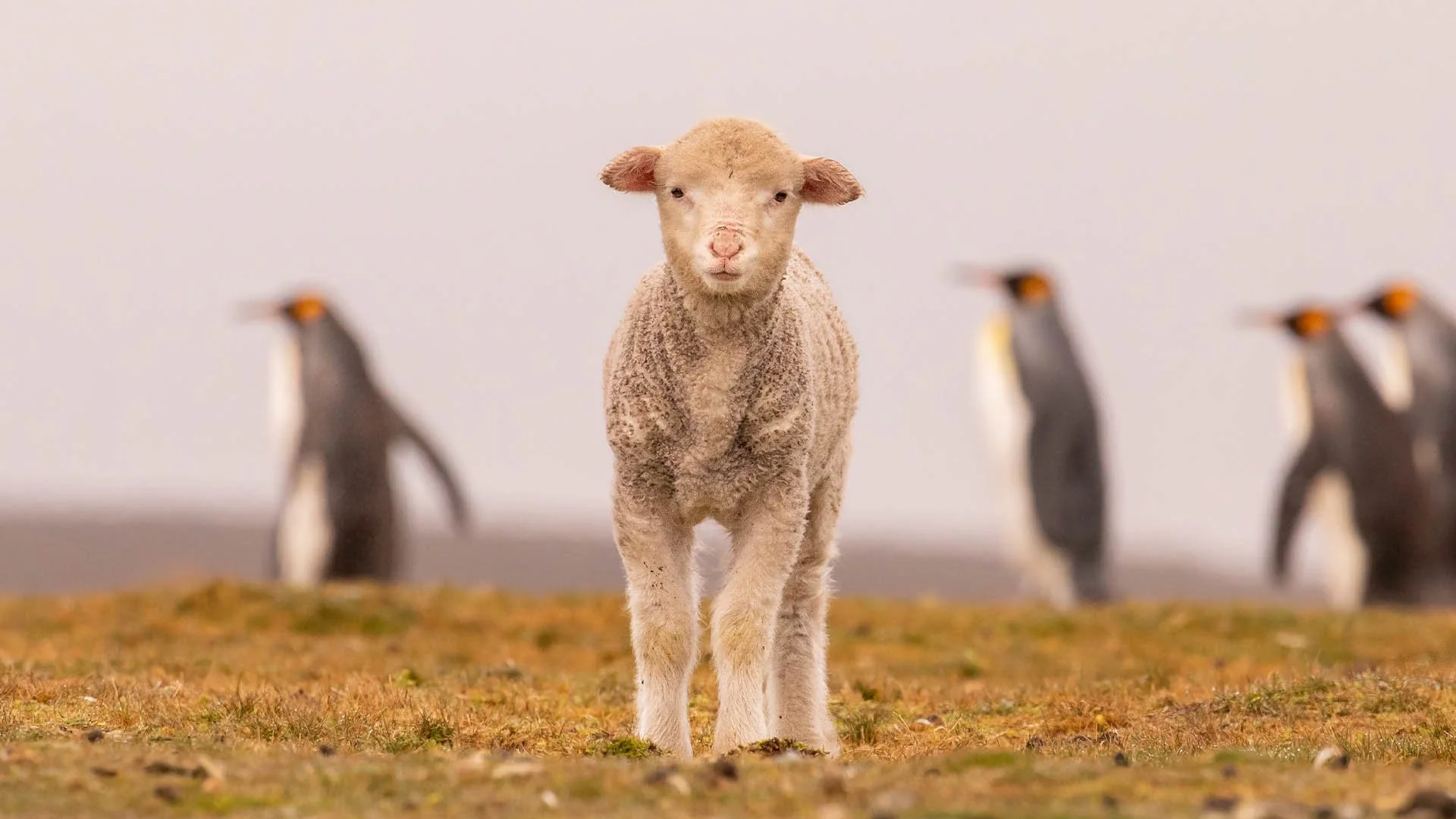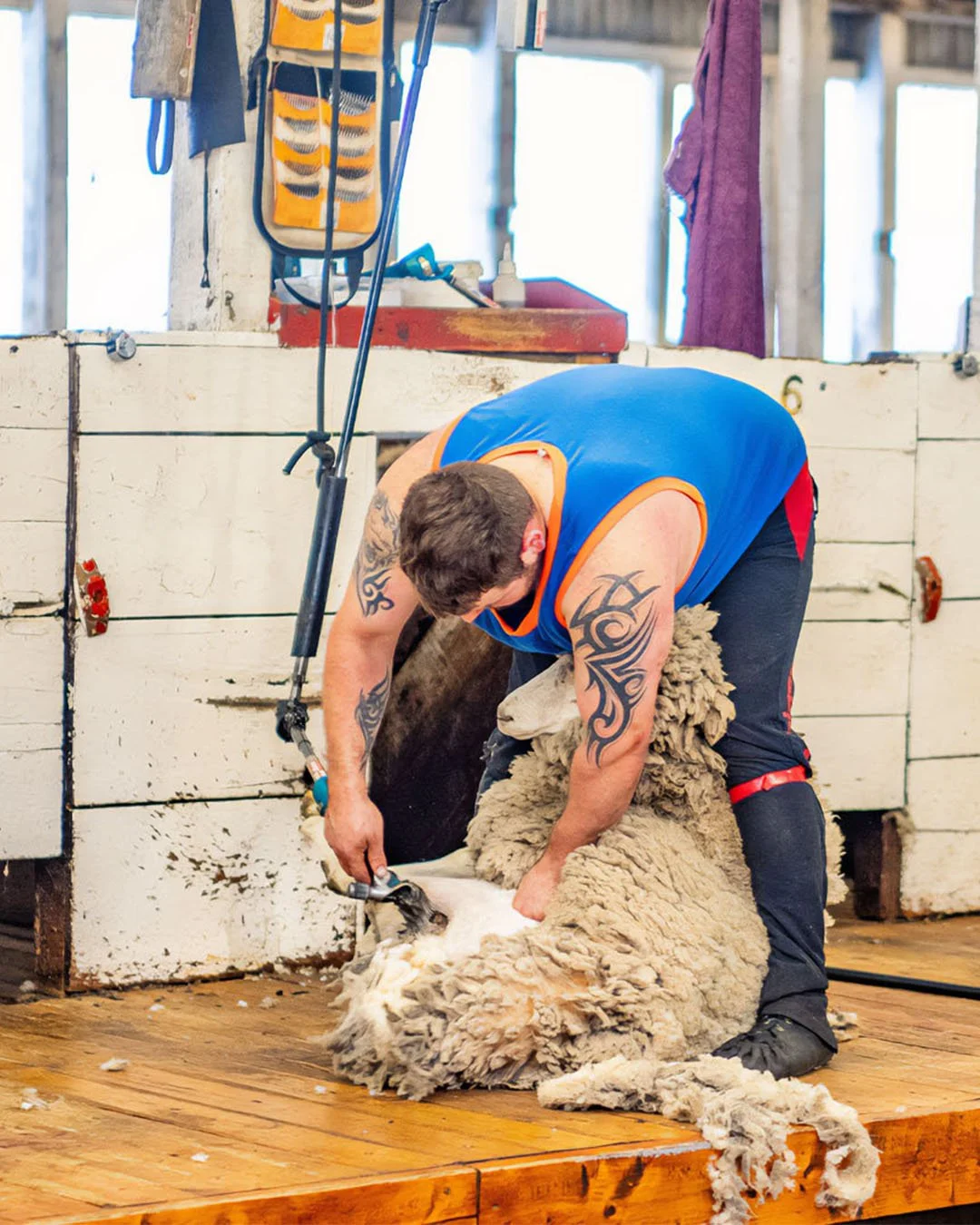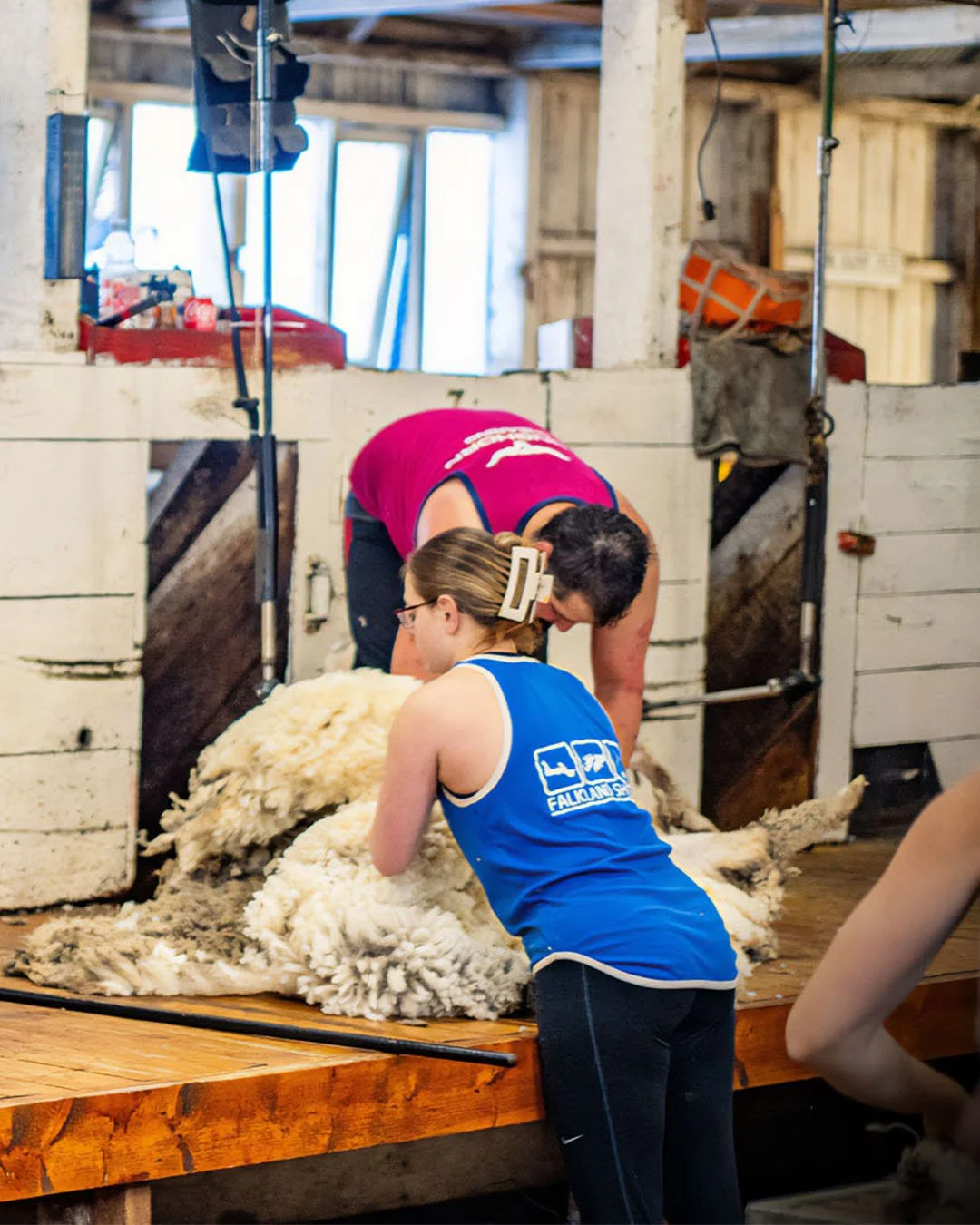
Who we are
Falkland Shears is the organising body behind the Falkland Islands’ premier shearing competitions, committed to celebrating and advancing the skill, speed and professionalism of local and visiting shearers and wool handlers.
The Falkland Shears competition was first established in 1991, originally held on a small sheep farm near Stanley during the Christmas period, offering entertainment and friendly competition for shearers when work paused for the seasonal holidays. From those early beginnings, the event steadily grew in reputation and participation, rotating among larger farms including North Arm, Goose Green and Fitzroy. A formal organising committee—Falkland Shears—was later formed to manage and promote the event.
Falkland Shears is committed to expanding the scale and visibility of these events, attract more competitors and showcase to the world the extraordinary work ethic and talent found within the Falklands’ shearing and wool handling community. Today, these events remain the primary fundraising activities for the Falkland Shears organisation, supporting the continued growth of the sport across the Islands.
On Friday 14th November 2025, the Falkland Islands Tri-Nations Test Match and Falkland Shears Annual Shearing and Wool Handling Competition will take place at the Falkland Islands Defence Force (FIDF) hall in Stanley, Falkland Islands.
The Falkland Islands Development Corporation (FIDC) is the national economic development agency for the Falkland Islands—driving sustainable economic growth and assisting with the creation of new jobs, industries and opportunities.
FIDC is one of the principal partners delivering the Economic, Rural and Tourism Development Strategies across the Falkland Islands and the lead for the Innovation Strategy. FIDC operates as a quasi-autonomous government-funded body with an annual budget of approximately £1m per annum.


Where we are
The Falkland Islands are situated approximately 300 miles (480 km) northeast of the southern tip of South America and a similar distance east of the Strait of Magellan. The Falkland Islands consist of two main islands, East Falkland and West Falkland, along with about 200 smaller islands, covering a total area of 4,700 square miles (12,200 square km). The capital of the Falkland Islands—granted city status in 2022 as part of the late Queen Elizabeth II's Platinum Jubilee Civic Honours—is Stanley and located on East Falkland.
The Falkland Islands derive their name from Falkland Sound, the name given to the waterway between East and West Falkland by Captain John Strong, who spent several days in the Islands on his ship Welfare in 1690. Falkland Sound was itself named after Viscount Falkland, one of the owners of Welfare. Captain Strong was the first person to have been recorded as landing in the Islands, although the first reported sighting was by English navigator Captain John Davis in 1592.
The Falkland Islands have never had any native inhabitants and no indigenous people have ever been displaced, instead the Islands were entirely unoccupied until 1765, when they were first claimed by the British who established a garrison at Port Egmont. Over the years, the British, French and Spanish periodically had garrisons within the Islands until 1811 when all were withdrawn.
Since 1982, our lives have been transformed, we have become financially self-sufficient and almost entirely self-governing, we determine our own future and way of life. Our community has been formed through voluntary immigration and settlement over the course of nearly two hundred years. We are a diverse society, with people from over 60 nations having made the Islands their home. At our heart are those Falkland Islanders whose families have been in the Islands for nine generations.
In 2009, our new Constitution was established and provided enhanced local democracy, internal self-government and enshrined the right of self-determination. In 2013, we held a referendum which was overseen by international observers, where 99.8% of the electorate voted to remain a British Overseas Territory.
Much of the Falklands land mass is used for agriculture. The main product is wool, with an EU approved abattoir producing mutton and lamb for local and export markets and beef for local markets.
The Falkland Islands have 70 farms, which are mostly family owned, totalling 1,143,596ha of land. In total these farms graze just under half a million sheep of various breeds including Polwarth/Merino cross with increased Merino genetics and a small number of Texel, Corriedales and SAMM. A total cattle population just over 3,000 is made up from 50 of these farms which consist mainly of Aberdeen Angus, Hereford, Red Devon and Murray Grey breeds.
The environment here produces exceptionally clean and white wool which has earned the Falkland Islands a strong reputation within the global world wool-trading industry. The approximate annual wool production for the Falkland is 1,500,000kg of greasy wool with an average weight of 3.71 kg and a fibre diameter range of 16.8-28µm.
More than 30 farms in the Falkland Islands are accredited under the Responsible Wool Standard (RWS) with a small number of farms achieving organic certification with Australian Certified Organic (ACO).
